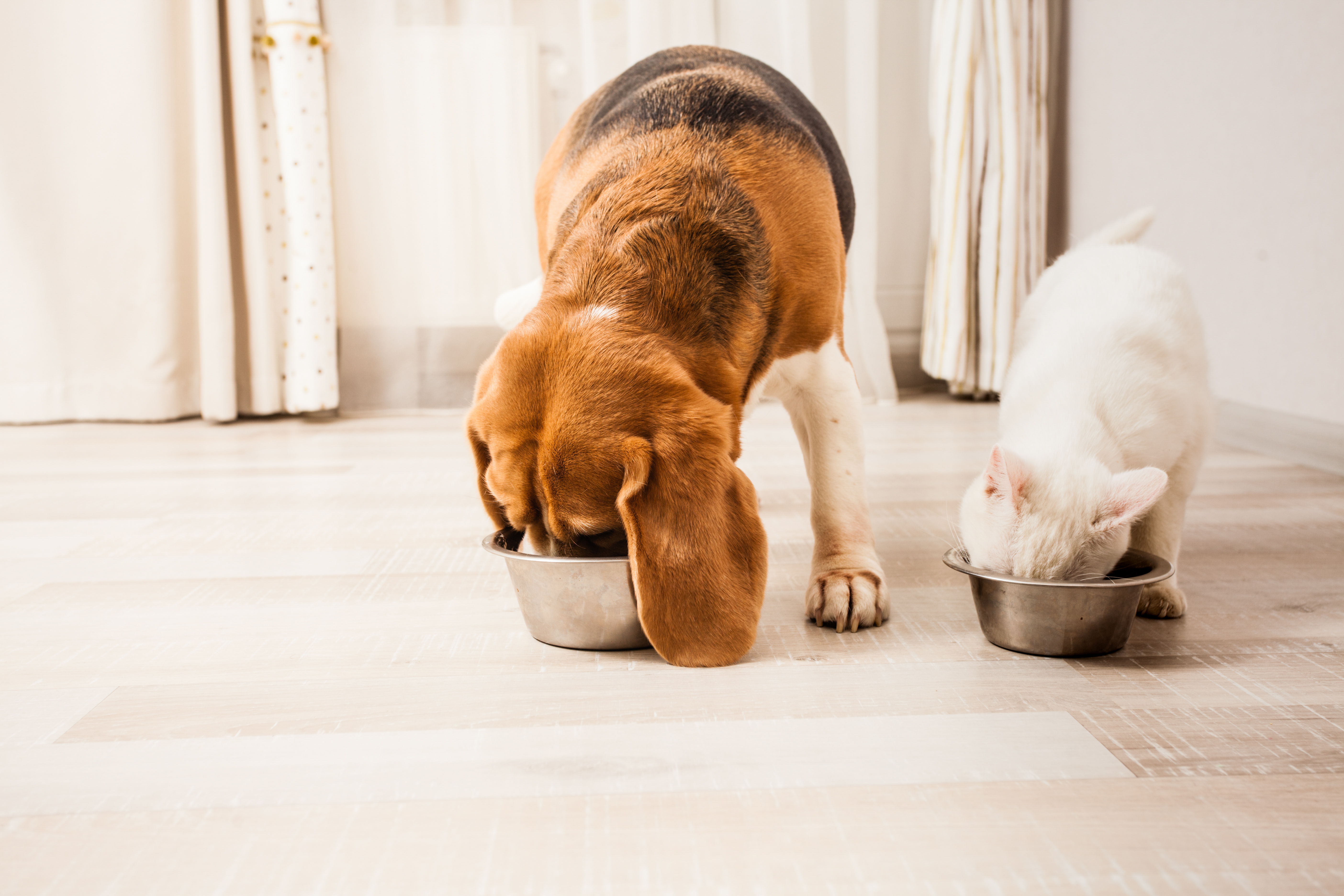Fibre expertise – a rich source for innovation

Looking for unique, marketable product features and differentiating marketing messages in branded and private label products? Plant-based dietary fibres are not only a rich source of product innovation, they also respond to the consumer demand for vegetarian and sustainable alternatives.
Marketing statements
First of all, plant-based fibres allow pet manufacturers to make product claims such as less obesity, better metabolism, improved gut health, dental care…
Did you think it would be this easy? Nope! Just register. It’s free! Lorem ipsum dolor sit amet, consectetur adipiscing elit. Ut cursus turpis vel cursus ullamcorper. Sed ante mi, finibus eget porttitor a, tincidunt ac dolor. Vivamus ornare semper lorem, consequat commodo lectus elementum vitae. Cras id mattis urna. Donec rutrum dignissim lacinia. Duis ultricies sapien at ipsum tincidunt.
Sed in iaculis elit, sit amet convallis felis. Pellentesque non justo lectus. Donec sollicitudin lorem in sapien euismod varius at vitae mi. Maecenas ut elit ac risus consectetur vulputate. Praesent vel orci ante. Curabitur egestas dapibus nisi ac laoreet. Nullam a lacinia libero, non fringilla nisl.
You’re out of free articles,
register for unlimited access